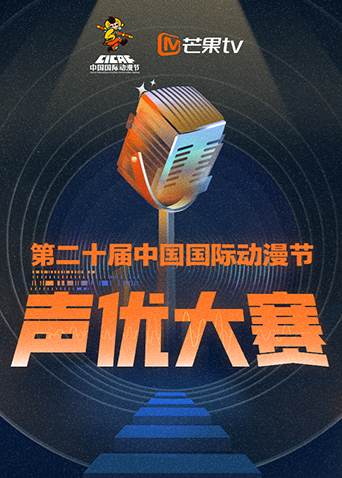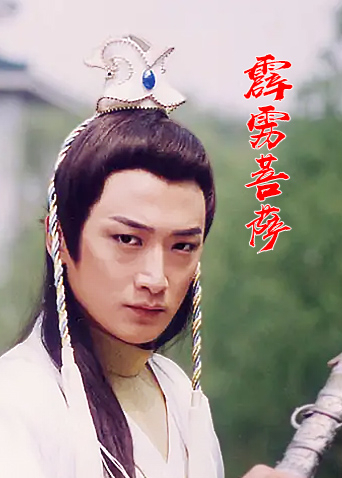二战胜利后,舞台纳粹军人克劳斯隐藏了起来,舞台他通过服用抗衰老药,活到了20世纪90年代,他与双胞胎弟弟布拉格一起研制时光机器,计划利用时光机器返回1944年的德国,并将氢弹现给希特勒,使他战胜盟军,彻底改变现代历史...

二战胜利后,舞台纳粹军人克劳斯隐藏了起来,舞台他通过服用抗衰老药,活到了20世纪90年代,他与双胞胎弟弟布拉格一起研制时光机器,计划利用时光机器返回1944年的德国,并将氢弹现给希特勒,使他战胜盟军,彻底改变现代历史...
回复 :
回复 :Due to some common interests between German and Russian aristocracy ( the Russians even had aristocrats in their past not to mention they had an Empress called Catherine the Great, as great as this German count's heiresses… ), it is not strange that this Teutonic count has understood and even enjoyed Herr S. M. Eisenstein's "Staroye I Novoye".It is not very usual that for the aristocracy to enjoy Bolshevist films full of proletarian demands that put private property at risk or as it happens in this case, a film about the Communist Party's policy on the subject of the collectivization of the Soviet agriculture. Normally this would be perfect gibberish for this German count, but thanks to Herr Eisenstein 's greatness and directorial talent, the hardships of the heroine of the film, Dame Marfa ( Dame Marfa Lapkina ) breached even the thick aristocratic Schloss walls.And that's one of the first remarkable aspects of this oeuvre; in spite of the political subject of the film, the powerful images and lyricism ( astonishing and beautiful shot compositions ), especially during the first part of the movie, preserve the artistic merits entirely while serving a propaganda purpose. The second remarkable aspect of the film is the dichotomy between the old and new, the fight to improve the lot of Dame Marfa and her countrymen. There are many discussions because it is not easy even in Russia to change ancient and conservative customs. There are superb metaphors and social criticism ( illiteracy, bureaucracy, religiosity ) which perfectly fit the film, and last but not least, "Staroye I Novoye", is a kind of archaic documentary about ancient customs established deeply in old Russia, those ones that our heroine must fight against. And there is also a lot about agriculture ( very enlightening for this German count), especially about harvesting and how to fatten Russian cows or pigs ( literally, no pun here… ).Herr Eisenstein had to bear during the last era of his film career, unbelievable censorship and mutilation of his work, as happens with "Staroye I Novoye". The film was reedited and Eisenstein accused of sympathizing with Trostky's policies but fortunately the film was restored and showed by the German-frenchified t.v. channel "ARTE", natürlich!, including an evocative music score by Herr Taras Bujewski, that fits superbly Herr Eisenstein primal artistic interests.And now, if you'll allow me, I must temporarily take my leave because this German Count must buy a tractor for one of his Teutonic heiress.
回复 :改编自第152届直木奖的获奖作家西加奈子于2005年出版的畅销书。 讲述了一家人在绝望中寻求希望,以及对他们不离不弃的爱犬•樱的故事。平凡的二儿子(北村匠海),帅气逼人的长子(吉沢亮)和对长子有奇怪爱意的美貌妹妹(小松菜奈), 虽然有些奇怪但是幸福的家庭。随着一家人的长兄遭遇车祸,各自的命运发生了翻天覆地的变化……


